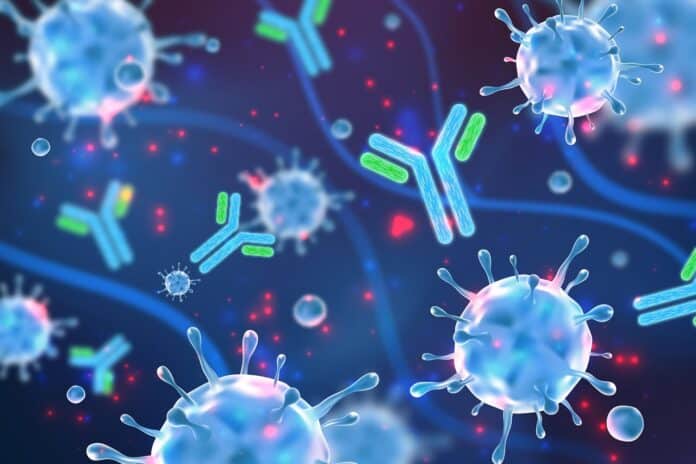Researchers have made an exciting discovery in the search for new antibiotics by studying fruit flies. A compound found in these tiny insects shows promise in combating bacterial infections, potentially opening up new avenues for antibiotic development. This breakthrough could address the urgent need for novel antibiotics that target bacterial protein synthesis.
Scientists at the University of Illinois Chicago have identified a potential source of new antibiotics: a peptide found in fruit flies. The research, published in Nature Chemical Biology, reveals that the natural peptide called Drosocin protects fruit flies from bacterial infections by binding to ribosomes in bacteria.
By interfering with the ribosome’s ability to complete protein synthesis, Drosocin halts the production of vital proteins necessary for bacterial survival. The study demonstrates that drosocin inhibits translation termination at the end of genes, offering a promising target for the development of novel antibiotics.
Alexander Mankin, study author, and Distinguished Professor from the Center for Biomolecular Sciences and the Department of pharmaceutical sciences in the College of Pharmacy, said, “Drosocin is only the second peptide antibiotic known to stop translation termination. The other, called apigenin and found in honeybees, was first described by UIC scientists in 2017.”
The University of Illinois Chicago (UIC) laboratory, led by researchers Mankin and Nora Vázquez-Laslop, has successfully produced the fruit fly peptide and its numerous mutants directly in bacterial cells. These peptides, including Drosocin, induced self-destruction in bacterial cells. Although Drosocin and Apidaecin peptides share a similar mode of action, the researchers discovered differences in their chemical structures and binding mechanisms to the ribosome. By understanding these mechanisms, the study aims to develop new antibiotics by combining the most influential aspects of each peptide.
The research, titled “Inhibition of translation termination by the antimicrobial peptide Drosocin.” was supported by a grant from the National Institutes of Health and involved collaboration with Leipzig University researchers.
The study revealed that drosocin and its active mutants induce self-destruction in bacterial cells by interfering with translation termination. By binding to the ribosome, Drosocin prevents the correct completion of protein synthesis, disrupting bacterial growth and survival. Notably, the research team found that while Drosocin and the related peptide Apidaecin share a similar mode of action, they exhibit distinct chemical structures and binding mechanisms to the ribosome.
In conclusion, the UIC research team’s investigation into the inhibition of translation termination by Drosocin provides valuable insights into the potential of this antimicrobial peptide as a source for new antibiotics. By elucidating the molecular mechanisms of drosocin’s action, the study opens avenues for developing innovations for the development of novel antibiotics.
Journal reference:
- Mangano, K., Klepacki, D., Ohanmu, I. et al. Inhibition of translation termination by the antimicrobial peptide Drosocin. Nature Chemical Biology. DOI:10.1038/s41589-023-01300-x.
